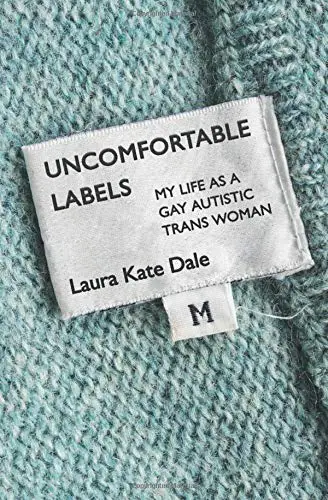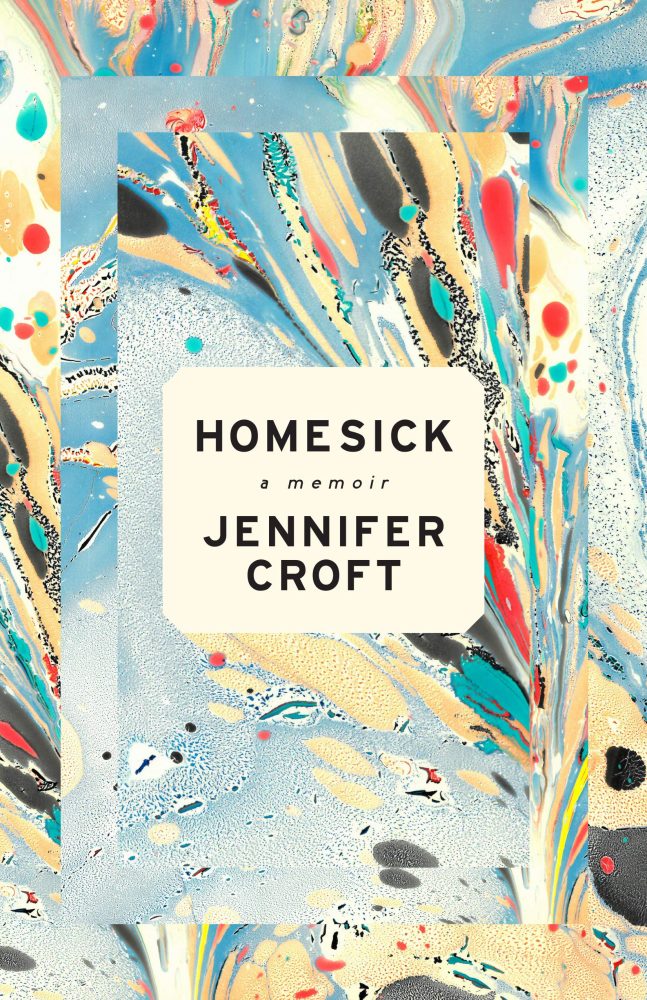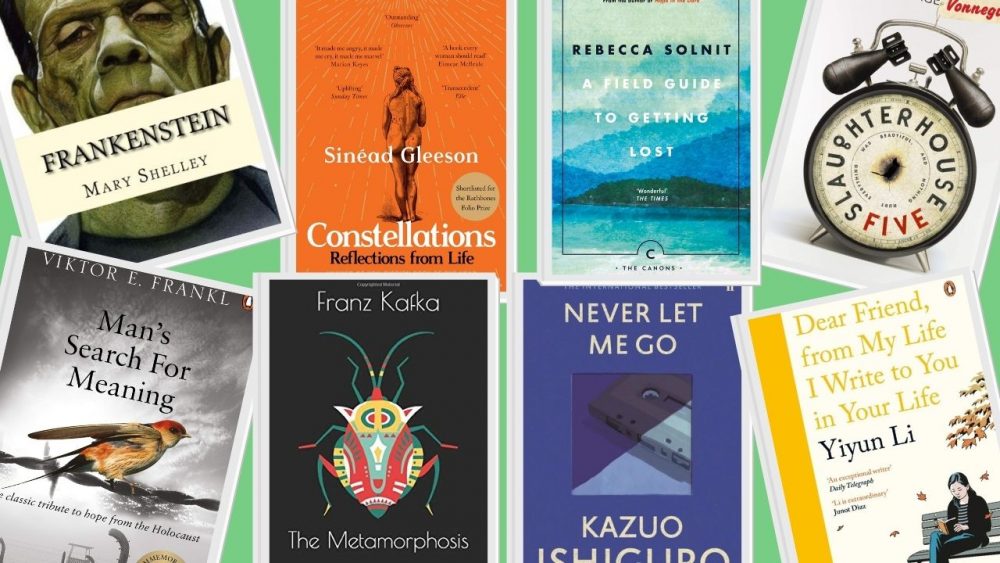If there’s one thing we take for granted, it’s ourselves. We might be thankful for our jobs, our friends and loved ones, our money, even our lucky stars. But, even if we’re not as tall, thin, or beautiful as we’d like to be, we usually feel secure in the idea of taking our ‘selves’ for granted.
We exist, after all, and we don’t really know any different. What happens, though, when we don’t feel comfortable in the skin we’re in? How can we process the discomfort – the dysphoria – felt as we look in the mirror and are sure that we were born into the wrong body?
For trans people across the world, this is a daily sensation, and an oppressive, confusing, frightening one. But the rise in volume of the voices of transgender women and men everywhere has helped to – if not quash this sensation – at least let those others who feel it know that they are not alone.
Uncomfortable Labels by Laura Kate Dale is part of this rise in volume. It’s the voice of a young trans woman living proud, having survived abuse, fear, discomfort, uncertainty, and even attempts at suicide. She’s stronger for it, and she can help so many of us feel stronger, too.

Laura Kate Dale has made a name for herself in the world of video game journalism. She is an expert media critic with a keen eye and a very sharp way with words. I first became aware of her a few years ago, listening to the Podquisition, a podcast hosted by Jim Sterling, musician Gavin Dunne (Miracle of Sound), and Laura herself.
Through the course of her twenties, Laura has become one of the few games journalists that could be called a household name, beloved by fans for her keen observations, uncanny ability to break news early, and her sweet personality. Now, with Uncomfortable Labels, fans get to see a more intimate side of Laura: her life as a gay autistic trans woman.
“If we’re not wearing a dress, we’re not trying hard enough to be female, or we don’t want it enough, and it’s seen as carte blanche for harassment and hassle. Equally, if we do wear dresses and skirts, we’re accused of performative femininity, or believing female identity is nothing more than the dress or skirt being worn.”
This book is not just for Laura’s fans, though. It is joining a pantheon of books, art, and media that is helping to give a clear and loud voice to the trans community. Each of us who has a story to tell goes about it in their own way. Within the trans community, Natalie Wynn (ContraPoints) has her YouTube channel. Laura Jane Grace (Against Me!) wrote an anthemic album (one of my favourites, in case you were wondering).
Laura Kate Dale has written a memoir, enlightening the world to her childhood struggles with not only gender dysphoria but also living with an autism spectrum condition.
Uncomfortable Labels also documents her experiences with transitioning, smartly glossing over the science of it in favour of something more important: what transitioning gave her. The emotional, social, mental changes she encountered, and how her life has altered as a result.
“It’s not being a trans woman that pushes me towards an early death; it’s the world’s treatment of trans women.”
Uncomfortable Labels is divided into three parts: Dale’s childhood pre-transition, which focuses more at first on the experiences of living with autism (as someone as yet undiagnosed); her years of self-discovery and transition from around the age of seventeen; and a selection of essays post-transition which explore some of the very darkest and brightest sides of living as a transgender woman.
Each of these parts is enlightening in its own way, and has something uniquely important to teach us: about children with autism, the experience of transitioning, the ways in which society treats trans people, and most interestingly the unique challenges faced by someone who is both transgender and living with an autism spectrum condition.
“This is depressingly common: an adult’s assumption that having an autism spectrum condition means you’re incapable of proper self-understanding, or that you’re susceptible to being manipulated into believing things about yourself that you did not previously.”
It’s through Laura’s own talent at writing that this book delivers such a clean blow. If you have ever read any of her pieces before, or even listened to the way she deconstructs and discusses media on podcasts, you’ll know that she’s an incredible concise and specific kind of writer. No words are wasted, only the right ones are chosen; she speaks from a place of wisdom and clear observation.
All of that is present in this book, too, meaning that, even while it is a hard-hitting, heart-on-her-sleeve memoir full of difficult truths and unfortunate statistics, it still reads with fluidity and crystal-clarity, page after page. When choosing to write on a topic this raw, important, and personal, concise and perfectly-paced writing is vital. And Dale manages this with aplomb.
Read More: Transgender Stories by Trans Writers
The impact of this book, both emotional and intellectual, cannot be overstated. Uncomfortable Labels is a gift to the world of ignorance, a source of light in the dark for those who don’t understand the life and the experiences of a trans person.
On a personal level, it brought me close to tears on more than one occasion as I was hit with the statistics regarding trans people and suicide rates, as well as the personal stories Dale shares about her own childhood at school and at home, and the dangers she faces today living as an adult trans woman.
What is also thrown into equally sharp relief through this book is reality for someone growing up with autism. I trained and worked as a high school teacher in my early twenties, and even I never truly understood the experiences of a child with an autism spectrum condition.
To see the world and experience everyday stresses through their eyes, ears, and fingertips was completely illuminating.
To see the extra lengths a person with Asperger’s must go through in order to navigate social interactions, aspects of daily routine and work life which most of us deem ‘ordinary’, it shifted my entire perspective, and added a new dimension to how I see the world. And this book has the power to do that for every single reader.
“Men used to put their legs together when sat next to me; now they spread their legs wide, denying me space. Men used to concede space to me when walking down the street, now they walk in a straight line and put the expectation to move upon me.”
One of the most valuable lessons that this book teaches – or, at least, that it has taught me – towards its closing pages is that of toxic masculinity. Dale has been in a unique position of experiencing masculinity from multiple angles: how men socially treat other men, and how they treat women.
This is what I mean when I say, in a moment, that Uncomfortable Labels is even bigger than Dale and the trans community. It’s a chance for cis men to check themselves, their privilege, and their behaviour when it comes not only to trans women, but all people.
As a final note, Uncomfortable Labels, from the cover design to the unique sensation which brought about the name in the first place, is one of the smartest titles for a book I’ve seen in a long, long time.
“Every beautiful aspect of me … is something I chose and crafted. I threw away a me I was unhappy with and crafted a new me who made me happy. I overcame my own unhappiness by revamping myself, and no matter how hard the world tried it couldn’t stop me. That feels pretty empowering.”
Conclusion
It is not always an easy book to digest, and perhaps no book about the personal struggles of someone who has lived through and survived these experiences should be. But Uncomfortable Labels is a vitally important book.
The kind that teaches empathy and understanding, and allows the wider world to see into a pocket of society that is often made to be quiet and invisible. Laura Kate Dale has bared her soul in a memoir that is at once completely her – her life – and also greater than her: something that stands for the experiences of trans people across the globe, and shines a bright light on biases, inequalities, and fear surrounding the trans and wider LGBT communities.
It’s a book that will serve as a comfort and a friend to young trans people who may be frightened, confused, even unsafe. It’s a celebration of life for trans people who have made it through the darkest of challenges, abuse, and unfairness.
And it’s a chance for those who shun, ignore, and ridicule trans people to learn to be better, kinder, smarter. Uncomfortable Labels is all of this and so much more.
If you’re ever struggling with your own mental health, here are some books that might be of some help and comfort.
If you enjoy memoirs about the less talked-about sides of life, personal experiences, and mental health, also check out The Collected Schizophrenias by Esme Weijun Wang.



